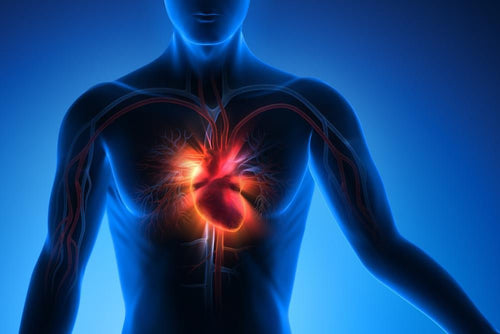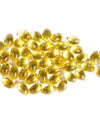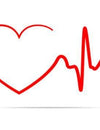When you have your yearly medical checkup, your doctor usually runs a blood test to see how your biochemistry is when you are in a fasted state. You should have the blood drawn in the morning before you eat anything.
While this gives both your doctor and you an idea about your health status and certain health risks, is it the most accurate way to collect information to see how well you are doing?
It is certainly a good to have those data, but think about it: we are not in a fasting state during the day. Most people eat several times during the day and may even snack between their meals.

There are several important factors to take into account when it comes to the more immediate after-effect of the meals we eat. We will look specifically at cholesterol here, which is interesting because a new study related to cholesterol and egg consumption was just published.
Let’s, however, look at another paper first.
The authors found the following.
Diet is not just about fasting cholesterol; it is mainly about the after-meal effects of cholesterol, saturated fats, oxidative stress and inflammation (Spence JD, et.al., 2010). Focusing on fasting cholesterol obscures three key issues:
- Dietary cholesterol increases the susceptibility of low-density lipoprotein (LDL) to oxidation
- increases the after-meal effect of excess fat
- increases the adverse effects of dietary saturated fat
Oxidized LDL is a major risk factor for cardiovascular disease.
These researchers also said dietary cholesterol, including egg yolks, is harmful to the arteries.
Now, let’s look at the more recent study.
29 615 participants were followed for an average of 17.5 years (Zhong VW, et al., 2019). This is what the researchers concluded.
Among US adults, higher consumption of dietary cholesterol or eggs was significantly associated with higher risk of cardiovascular disease and all-cause mortality in a dose-response manner.
References
Spence JD, Jenkins DJ, Davignon J.Dietary cholesterol and egg yolks: not for patients at risk of vascular disease.Can J Cardiol. 2010 Nov;26(9):e336-9.
Zhong VW, Van Horn L, Cornelis MC, Wilkins JT, Ning H, Carnethon MR, Greenland P, Mentz RJ, Tucker KL, Zhao L, Norwood AF, Lloyd-Jones DM, Allen NB.Associations of Dietary Cholesterol or Egg Consumption With Incident Cardiovascular Disease and Mortality. JAMA. 2019 Mar 19;321(11):1081-1095.

Learn to Eat Program
Based on the most effective scientific strategies, this program was created to help
you reduce inflammation and feel great.









